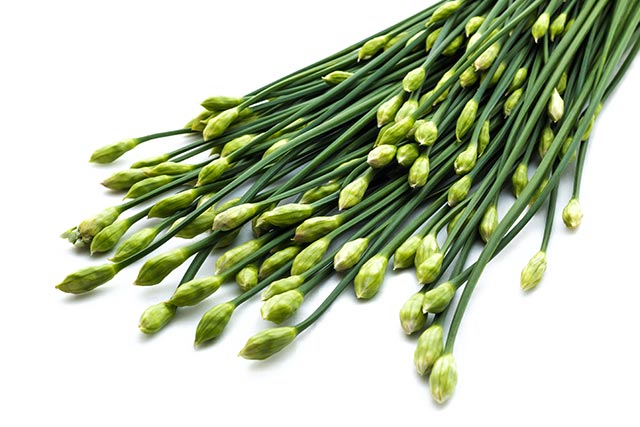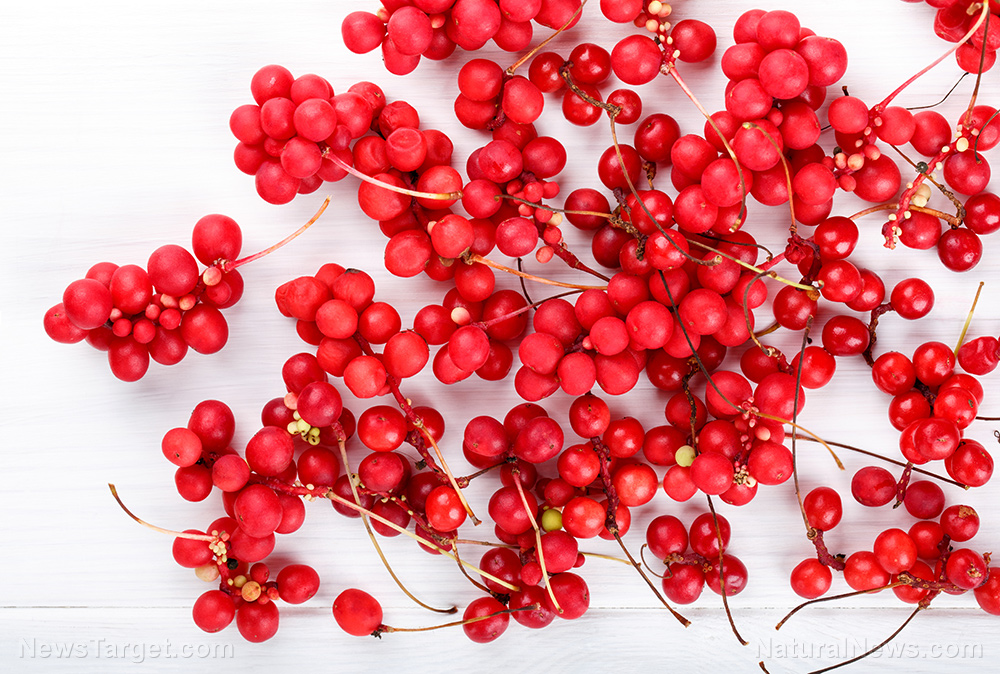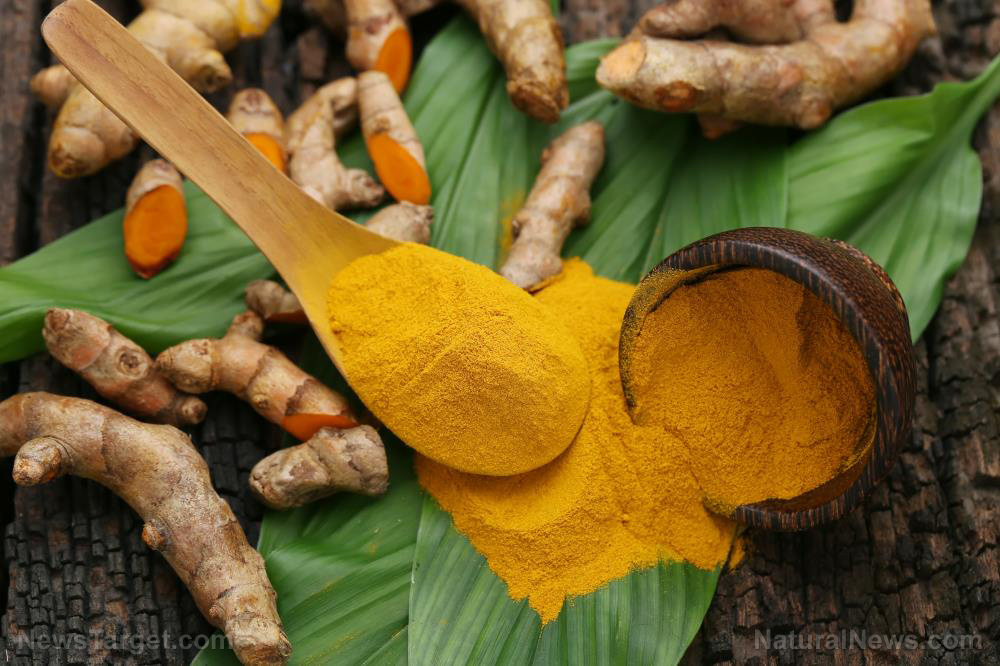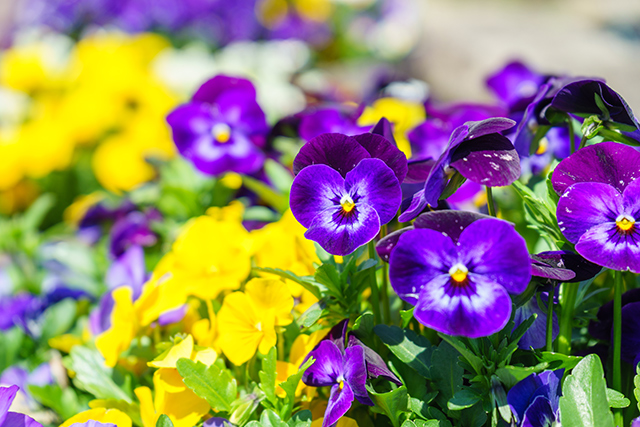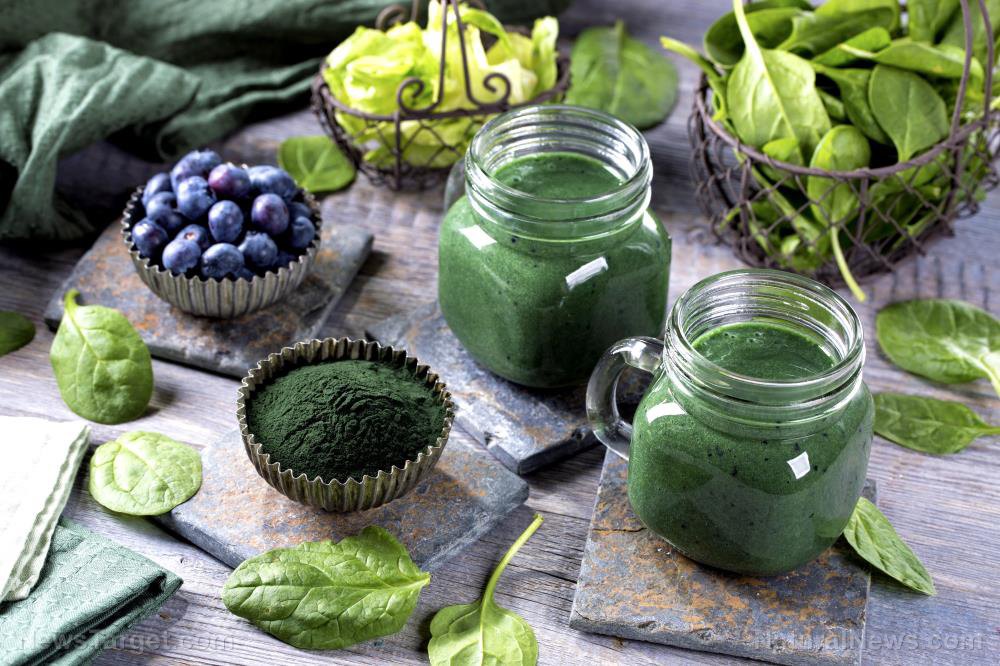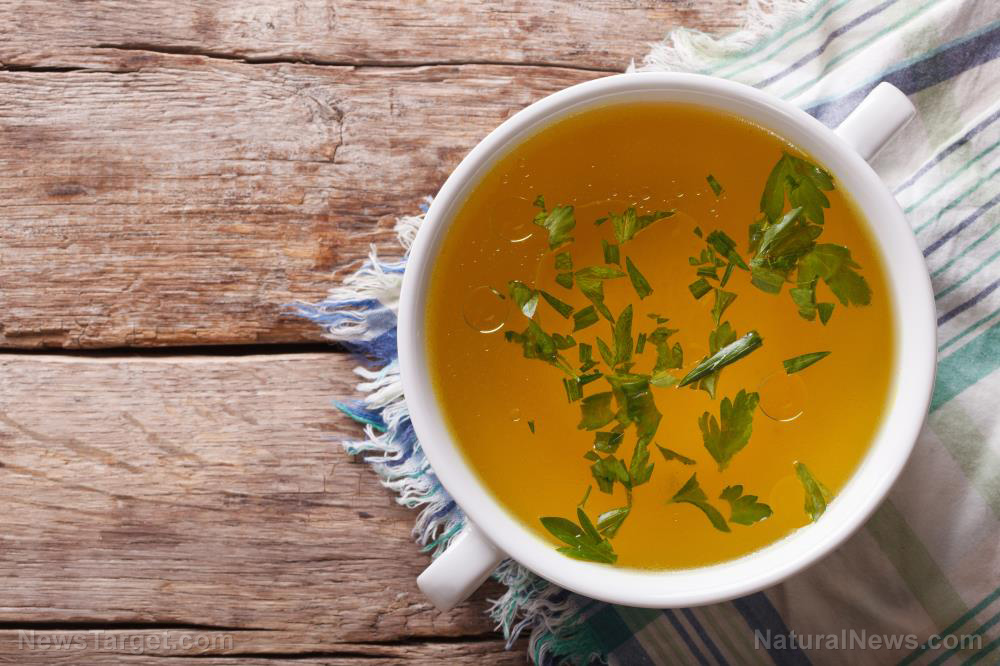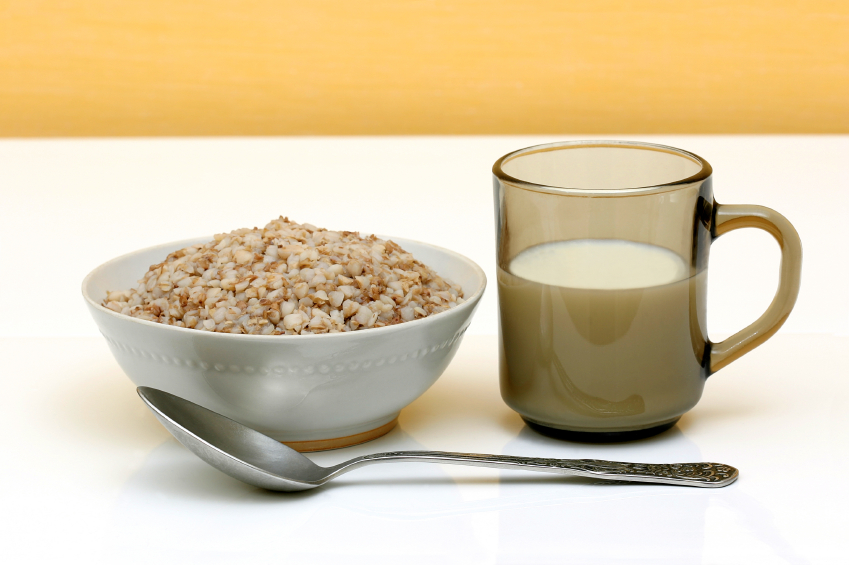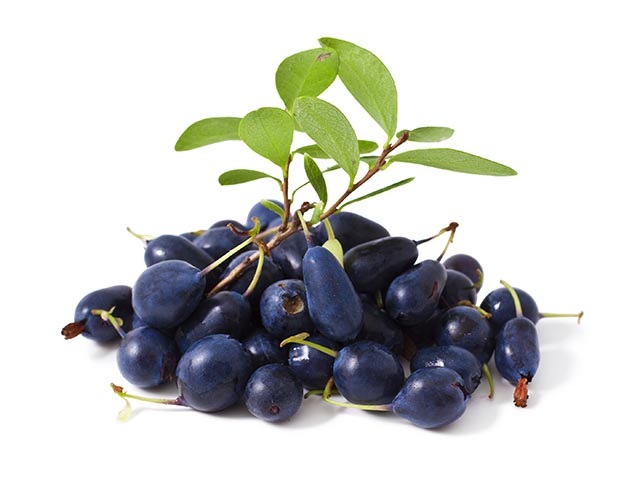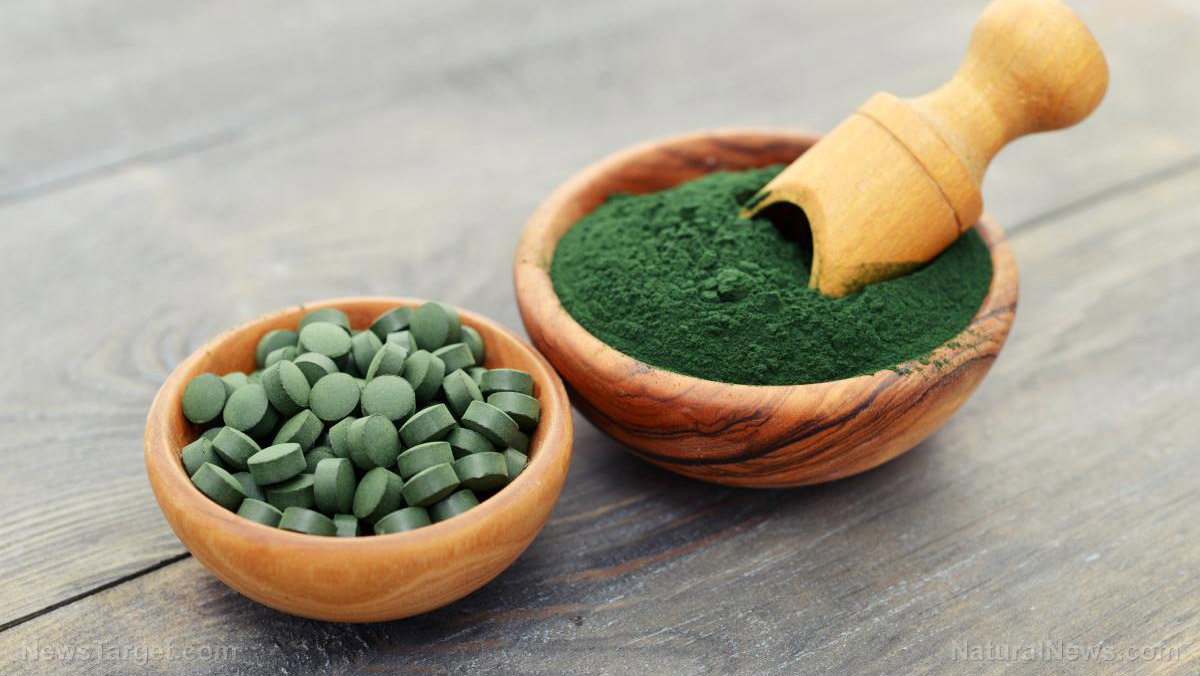Allspice herb can help men prevent prostate cancer
05/16/2019 / By Edsel Cook
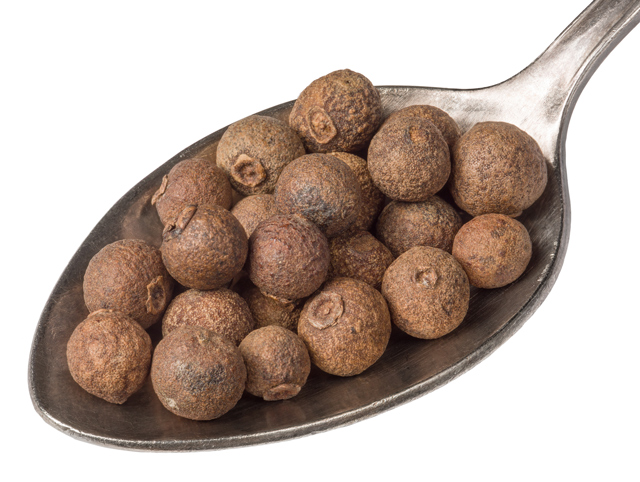
Allspice is one of the most widely used seasoning in cuisines around the world. In addition to making food taste warm and great, Florida-based researchers reported that regular doses of the Jamaican spice could protect men from prostate cancer.
A natural compound in allspice was found to delay the growth of prostate cancer tumors. This led researchers at the University of Miami to consider the seasoning as a possible treatment for preventing or even curing one of the most common and deadly cancers found in men.
Around 14 percent of men in the world could be diagnosed with prostate cancer during any part of their lives. One out of every 38 of those patients would lose their life to the disease.
Allspice could prevent that grim statistic from happening. Originating in Jamaica, it is extracted from the dried and unripe berry of the native pimento tree (Pimenta dioica). The Miami researchers found that the seasoning contained a compound called ericifolin.
Their experiment showed that ericifolin could suppress receptors for the male hormone androgen. Those androgen receptors are responsible for the development of cancer cells in the prostate.
Allspice contains cancer-fighting compounds that delay the growth of prostate cancer
Androgen regulates the development of male characteristics. The hormone achieves its effects by binding itself to androgen receptors. An example of an androgen is testosterone.
Prostate cancer tumors co-opt testosterone and other androgens for their growth. If they are deprived of androgen supply, the tumors will not get bigger and spread elsewhere.
The Miami researchers believed that allspice could be employed as part of a hormone therapy for aggressive prostate cancer. In such an “androgen deprivation therapy,” ericifolin could block or even disable androgen receptors. By preventing androgen from binding themselves to the prostate’s receptors, the cancer tumor would not be able to use the hormones to fuel their growth.
Animal testing showed that ericifolin could delay the growth of prostate cancer cells by up to 50 percent. The researchers planned to evaluate the ability of the allspice extract to stop prostate cancer from appearing in the first place.
In addition to prostate cancer cells, the allspice extract was tested on breast cancer cells. It appeared to achieve the same delaying effects on the growth of breast cancer. The Miami researchers theorized that allspice contains other compounds that could also fight other types of cancers.
A number of pharmaceutical drugs can achieve the same androgen receptor antagonist effect as allspice. But these synthetic drugs are much less effective as ericifolin. Furthermore, they display toxic side effects that get worse over time. In comparison, allspice is safe for humans and tasty to boot.
Reduce the risks of prostate cancer with allspice and other natural anticancer foods
Allspice is considered to be the spice with the highest concentration of antioxidants. Consuming a modest amount of the seasoning would be enough to activate its anticancer abilities. (Related: What are the best clove substitutes?)
The Miami researchers recommended patients and healthy individuals to consume allspice at a slow but consistent rate. By taking their time raising their levels of ericifolin and other anticancer compounds, patients would experience slower growth and spread of prostate cancer, while healthy men could avoid the cancer entirely.
The results of the animal study suggested that women could also benefit from allspice. The spice could possibly slow down the rate of breast cancer growth.
Other foods can naturally slow down the progress of prostate cancer. Men should consider consuming larger amounts of broccoli, green tea, pomegranate, and turmeric, all of which had potent anticancer compounds of their own. These foods could be taken alongside allspice for even more protection against cancer.
Sources include:
Tagged Under: allspice, alternative medicine, anticancer, food cures, food is medicine, herbal medicine, Herbs, men's health, Natural hormone therapy, Prostate cancer, remedies
RECENT NEWS & ARTICLES
FoodCures.News is a fact-based public education website published by Food Cures News Features, LLC.
All content copyright © 2018 by Food Cures News Features, LLC.
Contact Us with Tips or Corrections
All trademarks, registered trademarks and servicemarks mentioned on this site are the property of their respective owners.




